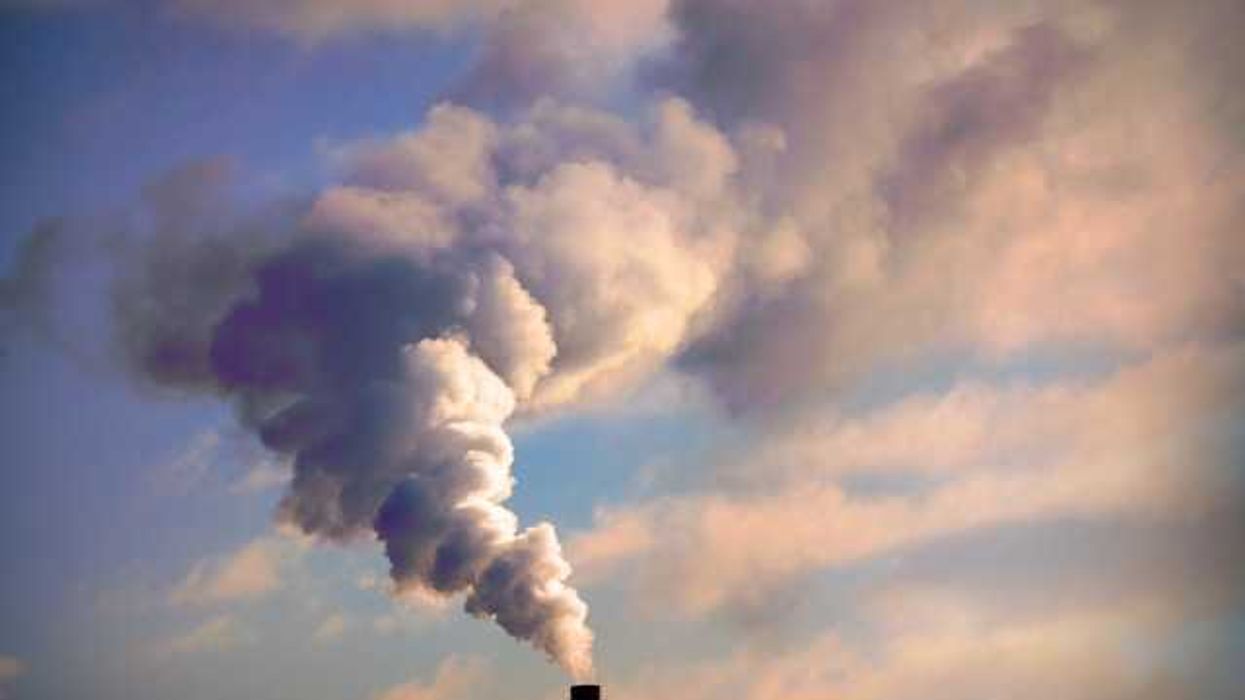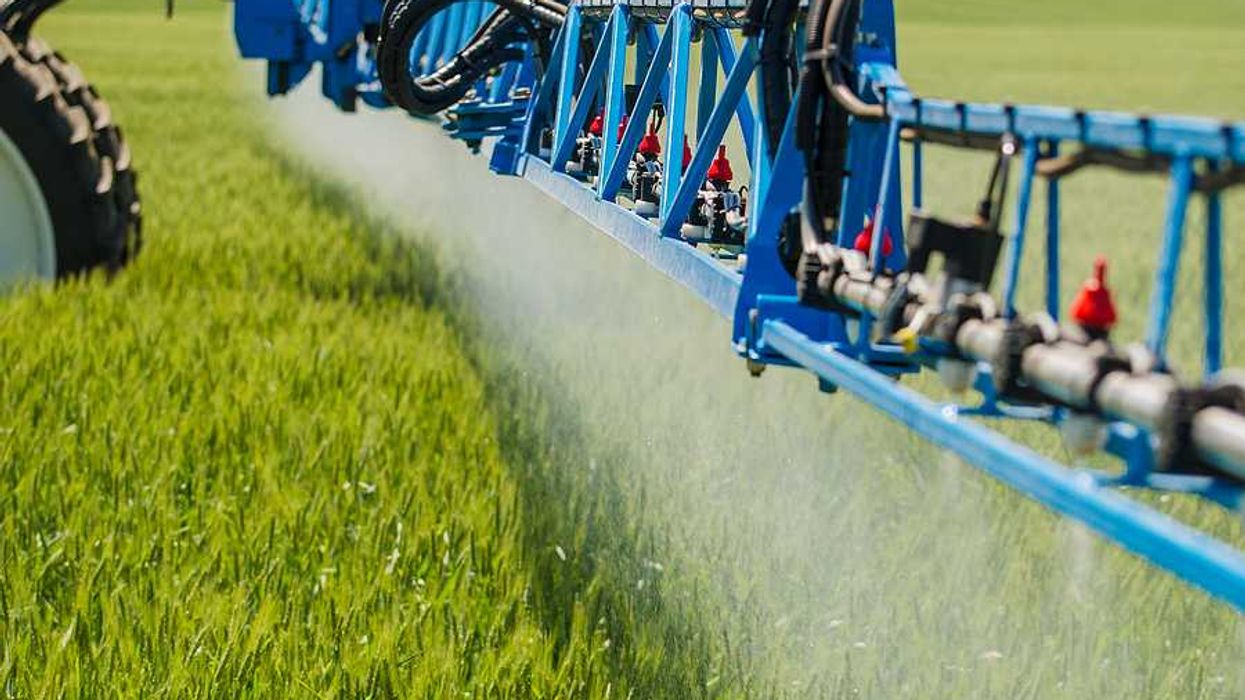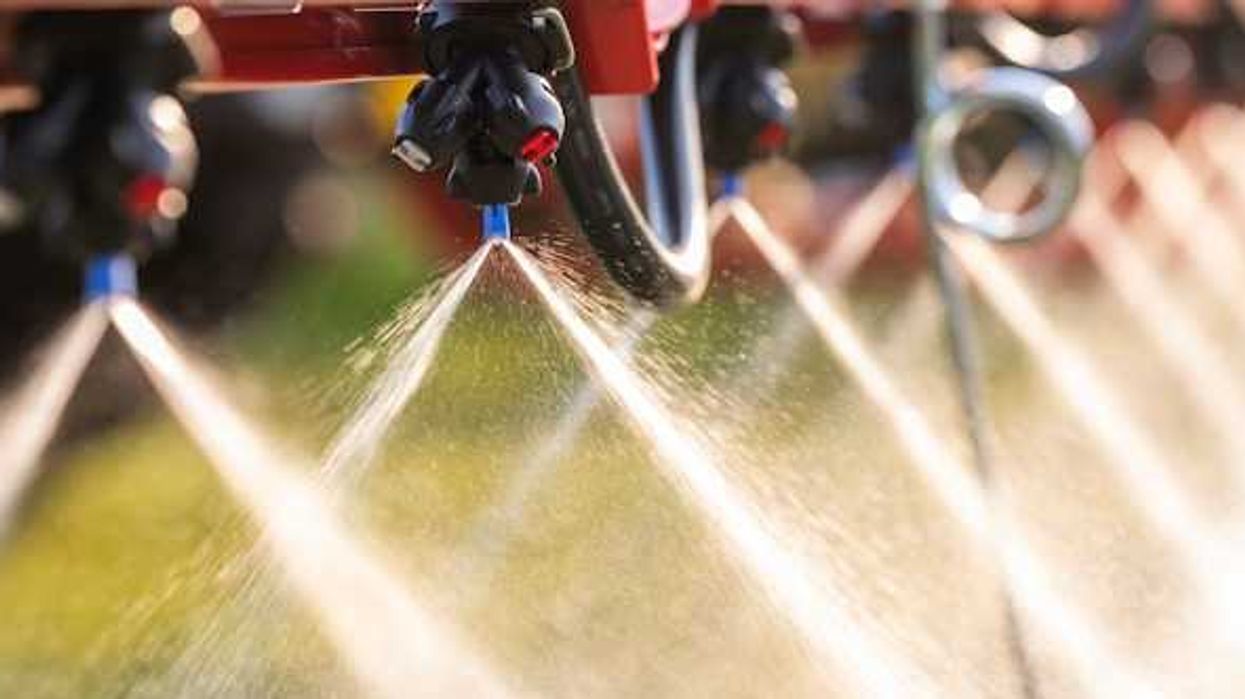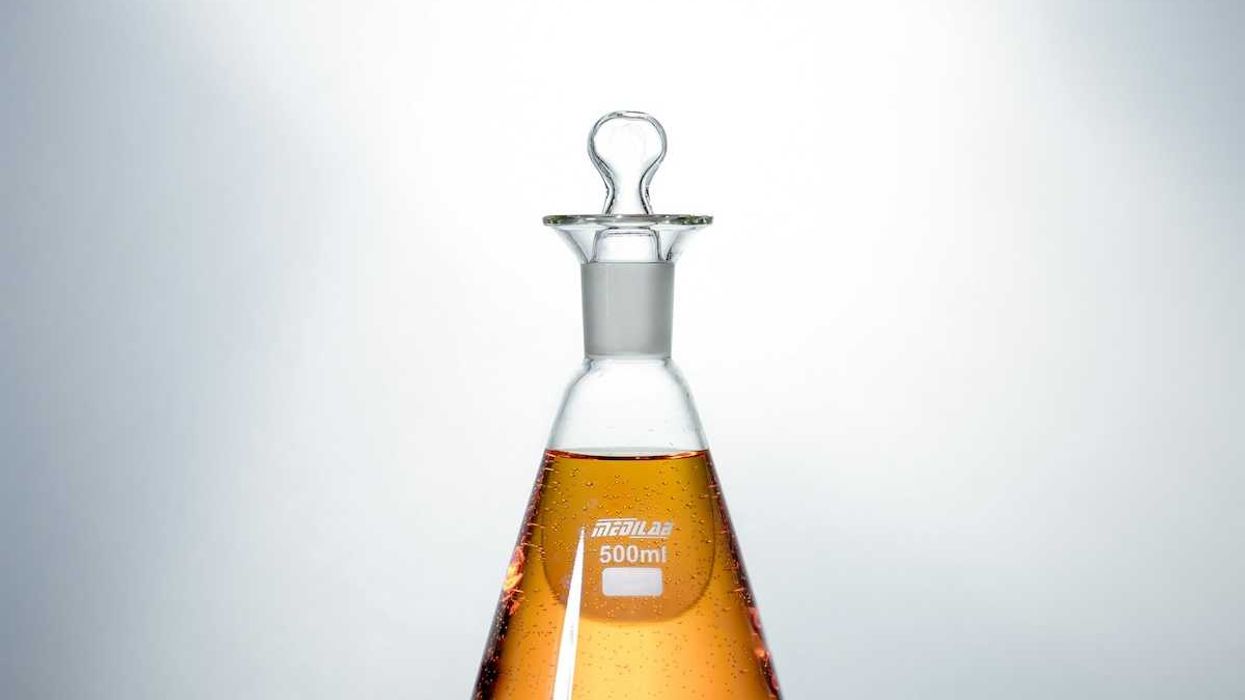In the face of escalating PFAS pollution, Washington state's approach raises concerns among communities over the sufficiency and uniformity of funding solutions for clean water.
Manuel Villa and Isabella Breda report for The Seattle Times.
In short:
- Washington state's testing for PFAS in public water systems reveals widespread contamination, with some communities facing costs upwards of $5 million for filtration systems.
- The state Legislature allocated $2.2 million to the Hannah Heights neighborhood for a new well, showcasing one of the first significant investments in addressing PFAS contamination from state funds.
- Legal battles and a multi-district lawsuit against PFAS manufacturers are underway, highlighting the broader struggle to manage the contamination and its health risks.
Key quote:
“We believe that the small fire station did use firefighting foam and practice with it, which has contaminated the Hannah Heights neighborhood well, and so there, we’ve had to come up with some creative solutions.”
— Barry Rogowski, toxics cleanup program manager for Ecology
Why this matters:
Public water systems are now facing the task of testing for PFAS compounds, a process that involves collecting water samples and analyzing them using sophisticated laboratory techniques, such as liquid chromatography and mass spectrometry, to detect the presence and concentration of PFAS. This testing is not only complex but also costly, posing challenges for smaller water systems with limited resources.
Last year, the EPA released proposed drinking water standards for six “forever chemicals.”














